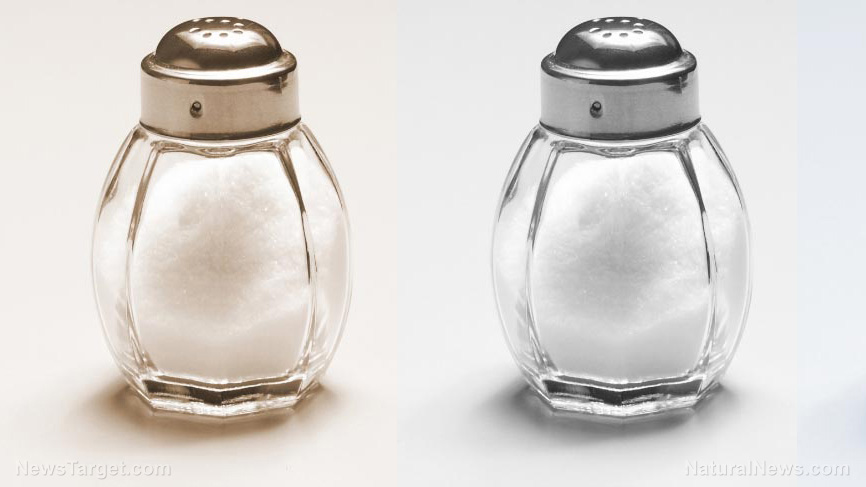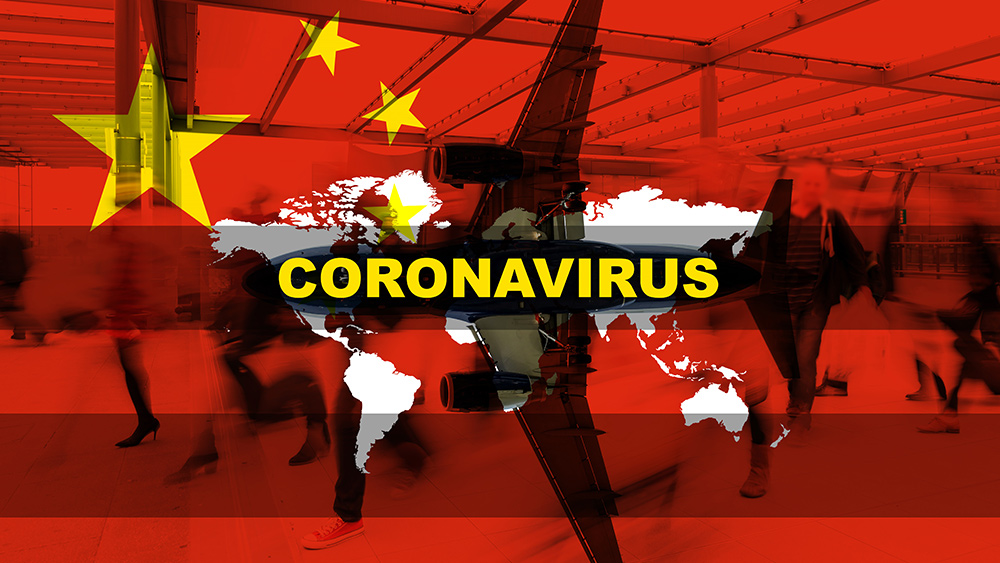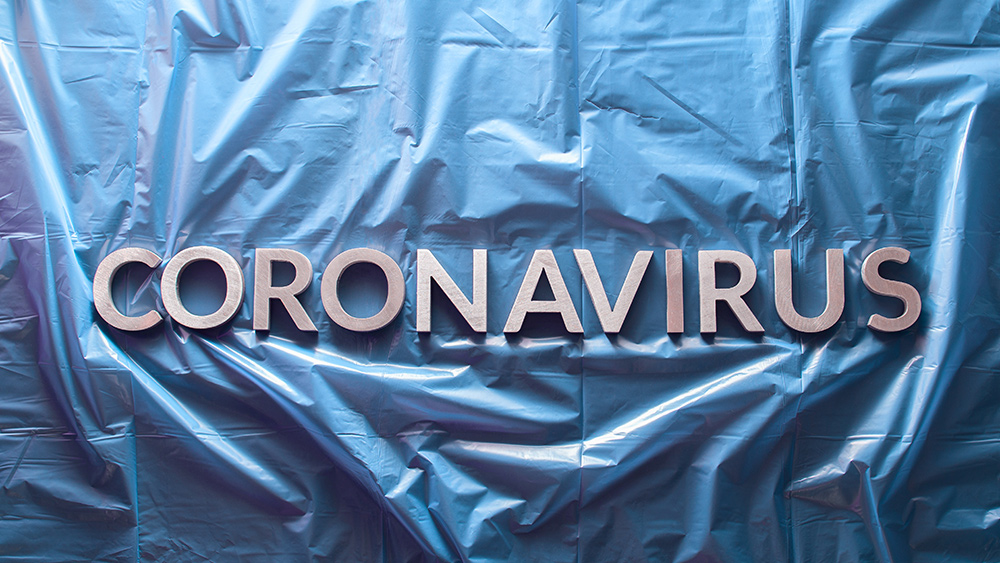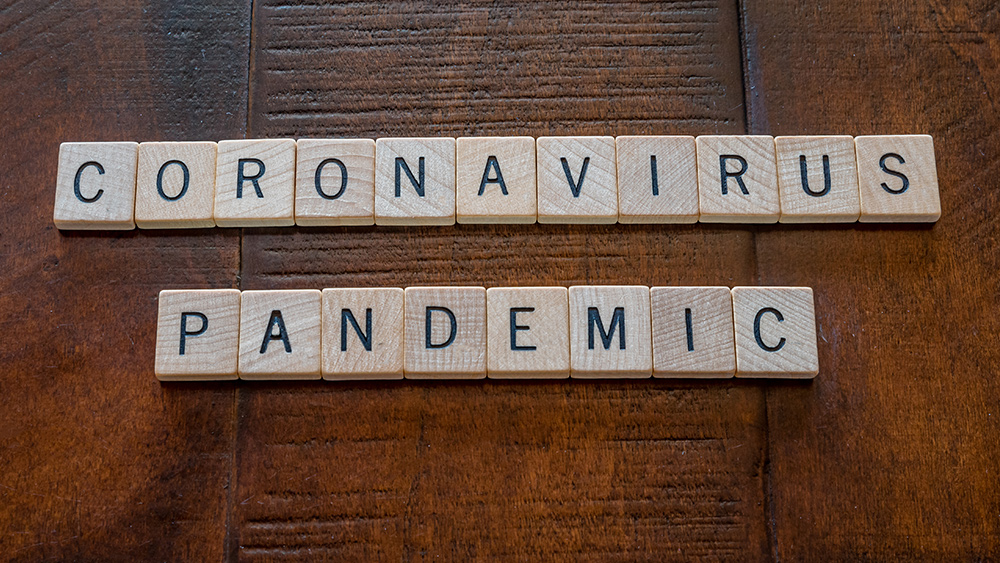Don’t cut salt completely: Study discovers that high-salt diets inhibit tumor growth
01/25/2020 / By Arsenio Toledo

Having too much salt in your diet is incredibly unhealthy. High-salt intake can exacerbate conditions like multiple sclerosis and inflammatory bowel diseases. However, when it comes to cancer, a team of researchers is now suggesting that increasing the amount of salt in your diet may have some beneficial effects, particularly when it comes to fighting off cancer.
Excessively high salt intake affects the immune system by shifting the immune cell balance toward a more “pro-inflammatory state.” In a study published in the journal Frontiers in Immunology, a team of researchers tested this inflammatory state’s effects on tumor growth in mice. Their trials revealed that high amounts of salt in the body of the mice significantly inhibited tumor growth.
They found that excessive salt in the system inhibited the function of an immune cell known as myeloid-derived suppressor cells (MDSCs) not just in mice, but in human MDSCs taken from cancer patients. MDSCs are cells known for their ability to suppress both innate and adaptive immune responses. MDSCs are known to give patients with solid tumors a poor prognosis.
This high-salt environment in mice prevented MDSCs from inhibiting the immune response of other cancer-fighting cells. The researchers explained that previous studies have also suggested that MDSCs are a key factor in preventing the immune system from attacking tumors.
In their study, the researchers found that modulating the effects of MDSCs can restore the anti-cancer immune response. This provided evidence to their theory that controlling MDSCs through high-salt intake can inhibit tumor growth.
Similarly, the researchers found that mice with melanoma who were fed a diet high in salt “showed a significantly inhibited tumor growth” compared with a control group. The authors wrote that by day 11 of their experiment, delayed tumor outgrowth was evident enough between both groups that the researchers could already see significant differences in tumor size. These same results were replicated using mice with lung cancer. In that round of experimentation, the high-salt diet also significantly delayed the growth of lung cancer tumors.
The research team concluded that a high-salt diet “was able to significantly inhibit tumor growth in two independent tumor transplantation models.” The team believes their findings might have critical relevance in the field of cancer immunotherapy research.
The kind of salt matters
Before you rush off to the grocery store, keep in mind that there are healthier, more nutrient-rich alternatives to the highly processed table salt regularly sold in supermarkets. This doesn’t mean cutting out salt entirely, as people low in sodium can experience many health problems that can lead to cognitive impairment, seizures, coma and eventually death.
The salt you should be getting is the kind that doesn’t contain a lot of additives and isn’t highly processed to the point that its health benefits disappear. You need either unrefined sea salt or the distinctly pink and mineral-rich Himalayan salt. (Related: Himalayan salt: The ‘purest’ salt in the world and its numerous benefits.)
Himalayan salt is harvested in the mines near the Himalayas in Pakistan. Himalayan salt contains more minerals than regular table salt. When compared to table salt, it has more calcium, potassium, magnesium and iron.
Furthermore, Himalayan salt has health benefits that extend beyond its ability to fight tumor growth. For example, there’s evidence to suggest that Himalayan salt can fight off lung disease and other respiratory diseases.
Whether you get Himalayan salt or some other alternative to toxic table salt, what’s clear is that there is a lot of potential for natural remedies such as salt to take their place within the realm of anti-cancer medicine.
Sources include:
Tagged Under: alternative medicine, anticancer, food science, groceries, high salt diet, immune system, ingerdients, natural cures, natural medicine, prevention, research, salt, tumor


















